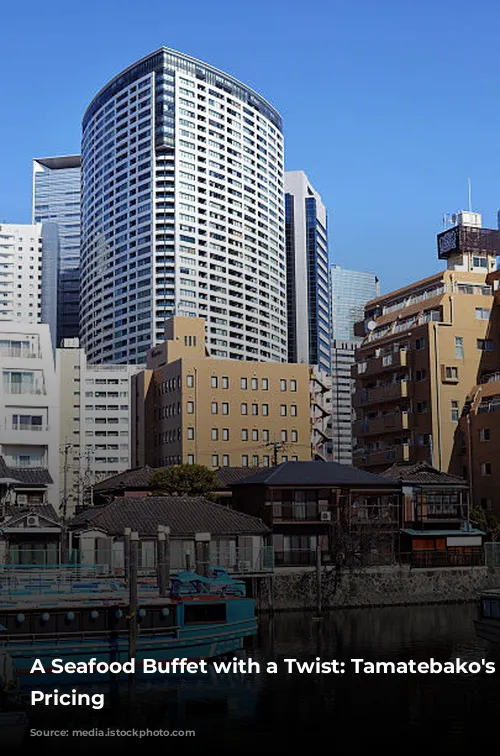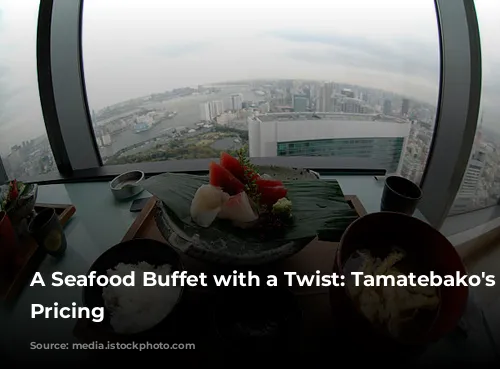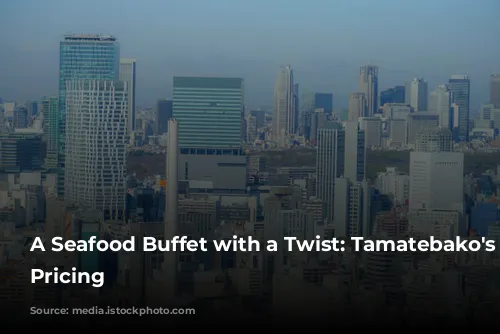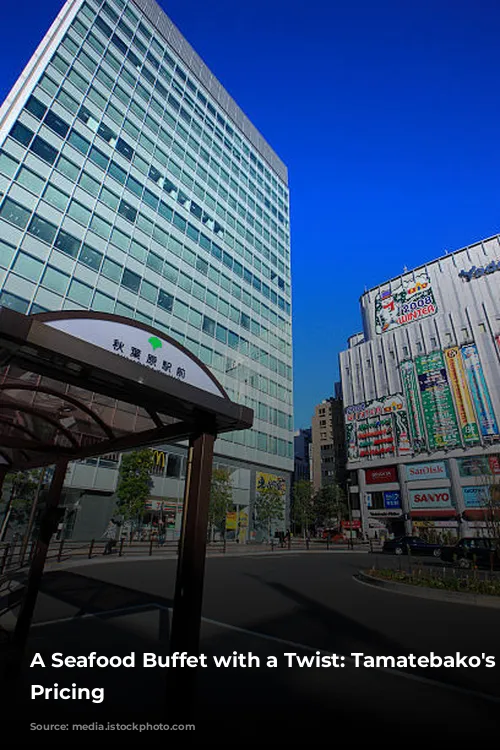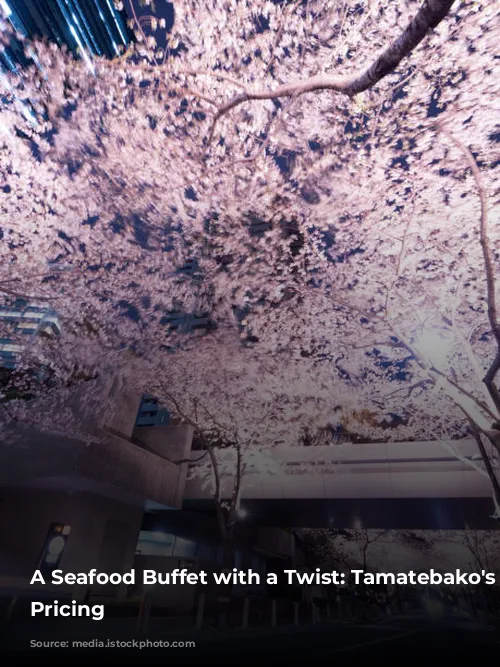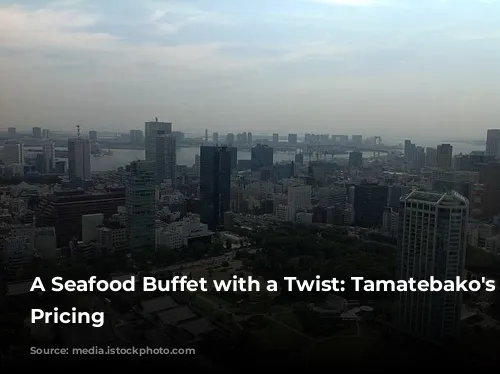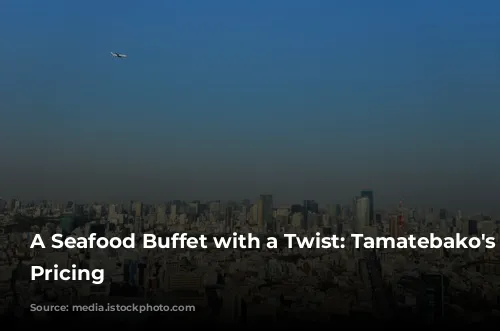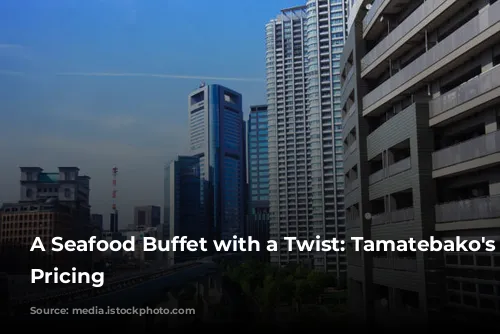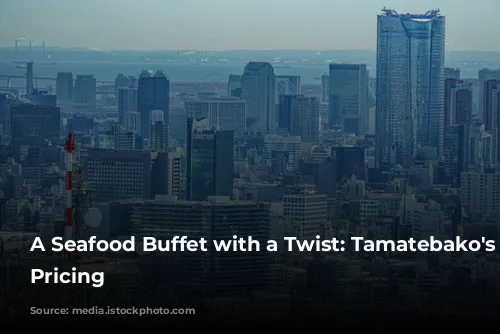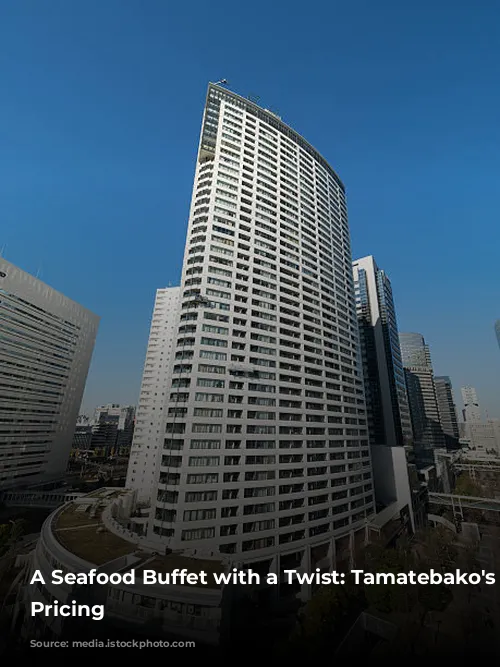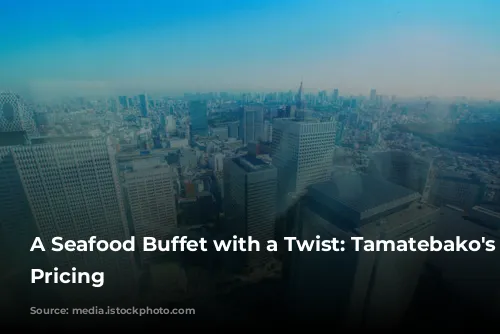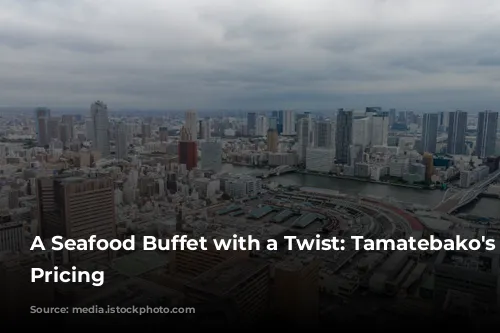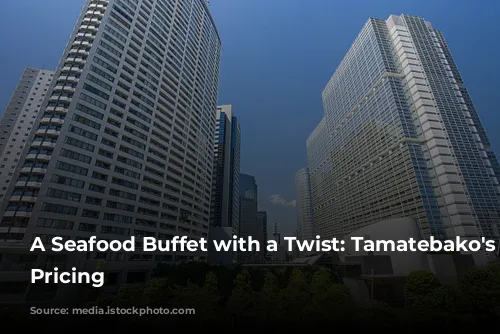Tamatebako, a brand new seafood restaurant in Tokyo’s bustling Shibuya district, is making waves with its unique pricing structure. This all-you-can-eat buffet, boasting a tempting selection of over 60 different seafood dishes, operates on a flat fee for its all-you-can-eat-and-drink plan.
But here’s the catch: the price isn’t uniform. It varies depending on the time of day, with weekday lunches costing less than weekend dinners. However, the most surprising element is the two-tier pricing based on residency. Locals enjoy a discounted rate, while foreign tourists are charged a higher price.
This decision comes amidst a backdrop of rising prices in Japan, fueled by the weakening yen and increasing costs of imported goods. With inflation on the rise, Japanese consumers are struggling to cope with the rising cost of living. Many businesses, including restaurants and grocery stores, are raising prices to offset these increased costs.
Shogo Yonemitsu, the owner of Tamatebako, explains his rationale behind the dual-price system. He acknowledges that it might not be universally accepted but believes that for a smaller restaurant like his, it’s a necessary step to navigate the current economic landscape.
The restaurant’s pricing policy has a subtle but significant twist. The higher price is presented as the standard rate, with the lower price for locals marketed as a “discount.” This “discount” is available to Japanese nationals and residents, which means that even Japanese citizens who have relocated overseas and are visiting Japan can benefit from the lower price.
While charging higher prices to foreigners isn’t unheard of in some Asian countries, it’s a relatively uncommon practice in Japan. Tamatebako aims to balance the benefits of the inbound tourism boom with the need to maintain a local customer base. This strategy aims to ensure the restaurant’s long-term viability, even if the tourist boom eventually subsides.
Interestingly, the restaurant’s name, Tamatebako, draws inspiration from a Japanese folktale. In the story of Urashima Taro, a fisherman receives a jeweled box, called a Tamatebako, upon leaving the underwater palace. He’s warned not to open it, but succumbs to temptation and opens it, leading to unforeseen consequences. This parallel with the Pandora’s Box myth begs the question: will Tamatebako’s dual-price system prove to be a successful strategy or will it backfire? Only time will tell if this bold move pays off for the restaurant.
In conclusion, Tamatebako’s two-tier pricing system, influenced by the current economic climate and the growing influx of tourists, is a unique approach to balancing profitability with the need to attract a local customer base. It’s a move that’s generating buzz and raises questions about the future of pricing strategies in Japan’s tourism-driven economy. Only time will tell if this experiment will succeed or become a cautionary tale.
